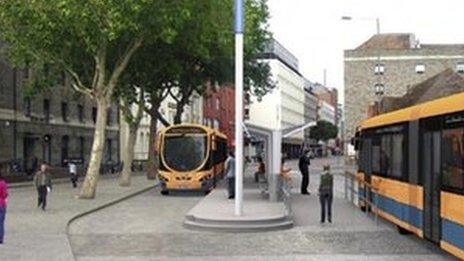Bristol Metrobus scheme may need public cash
- Published
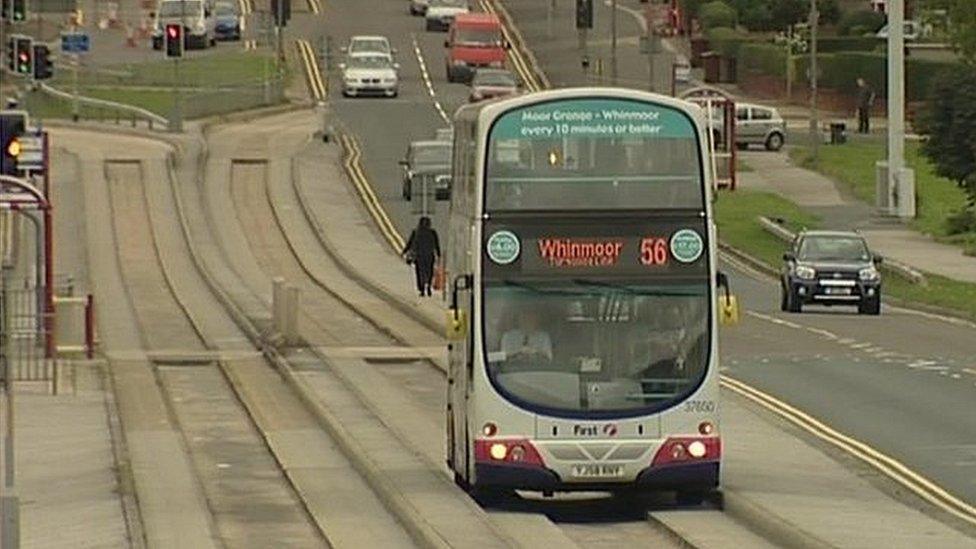
The proposed Metrobus scheme will see buses using exclusive "segregated lanes" and "guided bus-ways"
A "rapid transit" bus scheme due to be running in Bristol by 2017 still has no operator and may need public funds.
Negotiations over who will run the £200m Metrobus network have stalled as bus companies are reluctant to run the service on a completely commercial basis.
Metrobus admits public subsidies might now have to be used to entice firms on board.
The first of the new bus routes are due to be completed in the next few months.
David Redgewell, from passenger group Bus Users UK, said the lack of a current operator was a worry.
"We need to be realistic about what the bus industry can deliver in hard times," he said.
"The buses have to make money, so there's really going to have to be realism amongst the public authorities that unless they are prepared to put public subsidy in then they [buses] need to be commercial."
In March 2015, Bristol City Council was required to spend more than £1m removing protestors from Stapleton allotments, part of the new Metrobus route.
Former secretary of Stapleton Allotments Association, Jane Ghosh, said she was "absolutely shocked but not the least bit surprised".
"It's cost £200 million plus, it's a lot more than that because of the delays. They only have £34 million from the government, which is static and won't go up," she said.
"We told them right at the beginning, this was never going to be a commercially viable project - but nobody listened to us."

BBC Radio Bristol politics reporter Pete Simson
Could Bristol really be left with a brand new public transport network, but no company willing to run it?
The idea was always for Metrobus to be run without subsidies, using shiny new buses with clean fuel.
Unfortunately, it would appear bus companies view this as simply too risky, after all, they want to make a profit.
With huge swathes of Bristol's roads currently being dug up to build Metrobus, the need for a deal becomes ever more pressing. Time will tell if this is merely another teething problem, or a hugely costly mistake.

Commuters are currently enduring roadworks associated with the scheme in the city centre, on the M32 and various other locations in South Gloucestershire.
The scheme was devised by the West of England Partnership (WEP), an alliance between the four councils in Bristol, Bath, South Gloucestershire and North Somerset.
It involves three routes: Ashton Vale to Temple Meads, Cribbs Causeway via Emersons Green to the city centre and the South Bristol link between the A370 Long Ashton bypass and Hengrove Park.
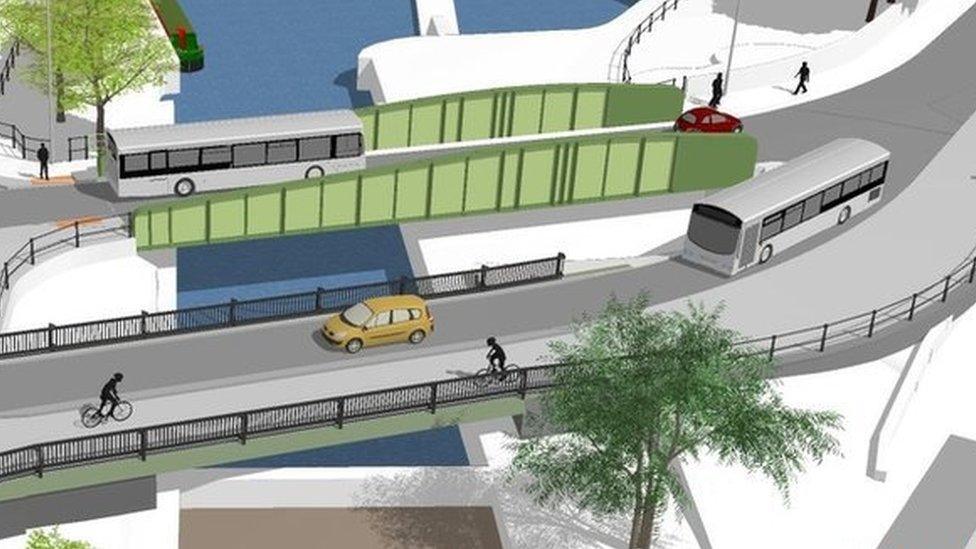
The £200m project will create 50km of segregated bus-ways and bus lanes
It will provide an express bus service on 31 miles (50km) of segregated bus-ways and bus lanes.
The WEP said Bristol, South Gloucestershire and North Somerset council were "actively negotiating" with bus operators and such discussions were commercially sensitive.
A spokeswoman said: "We have always been clear that the aim is that the MetroBus services are run entirely on a commercial basis via a quality partnership scheme that sets minimum standards for frequencies, quality of vehicles and maximum fares, supported by a voluntary partnership agreement with one or more operator.
"Of course should negotiations not be successful, we have a range of back up plans which could include formal contracts to run all or some services on a contracted basis.
"This might require the use of public money following a competitive procurement process, but this would depend on the situation when negotiations conclude - which all parties agree should be in about three-four weeks' time."
First Bus, Wessex and the Bath Bus Company RAPT were said to be in the running for the contract.
- Published23 May 2016
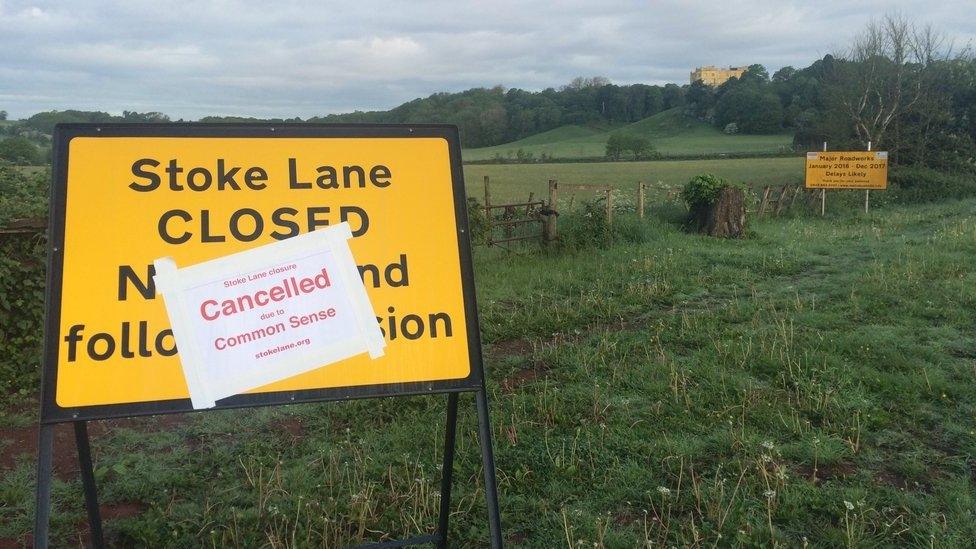
- Published20 April 2016
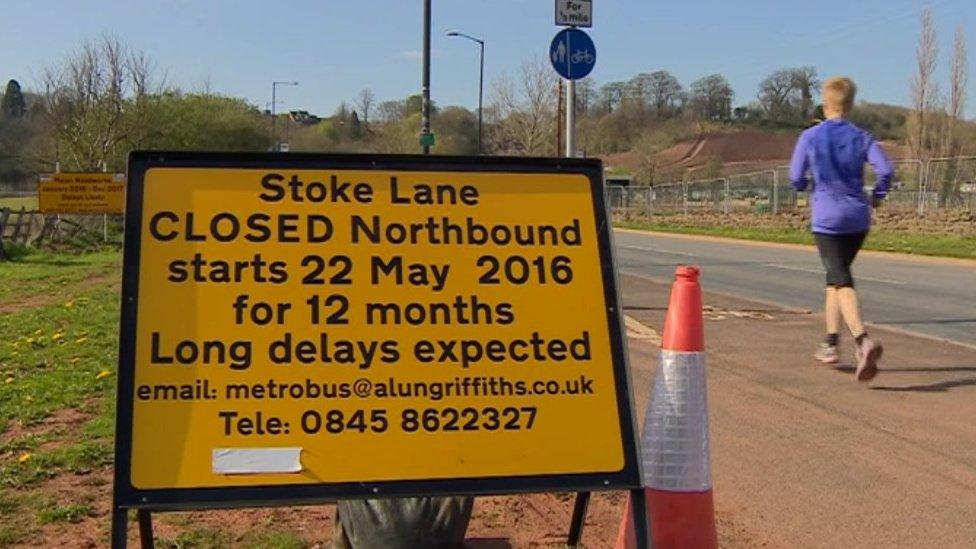
- Published22 December 2015
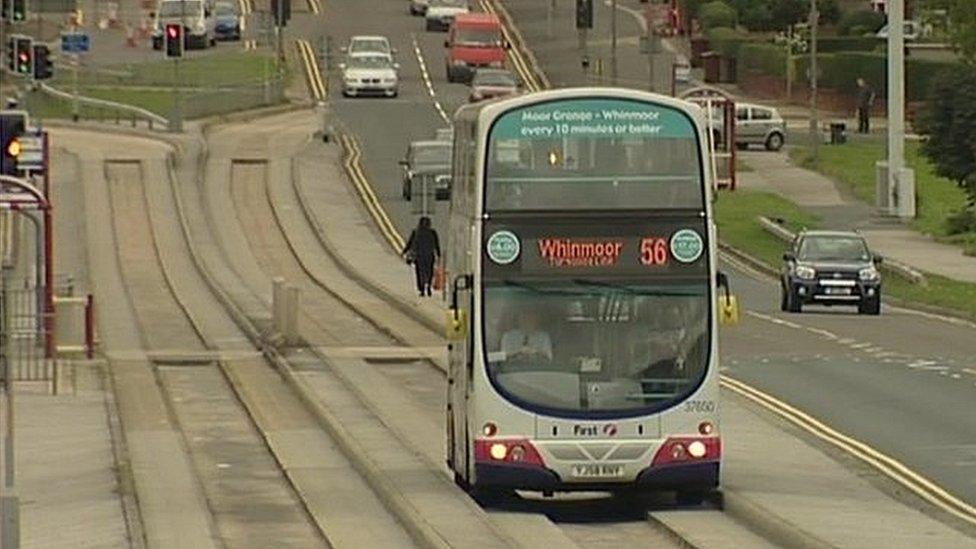
- Published18 December 2015

- Published7 July 2015
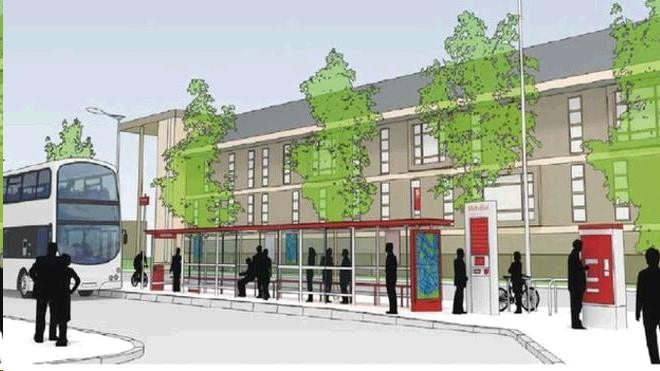
- Published19 March 2015
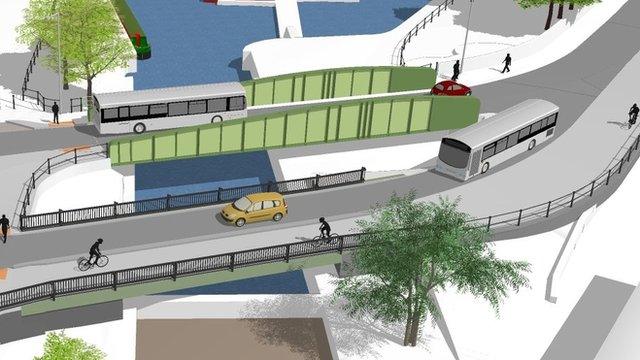
- Published27 August 2014
